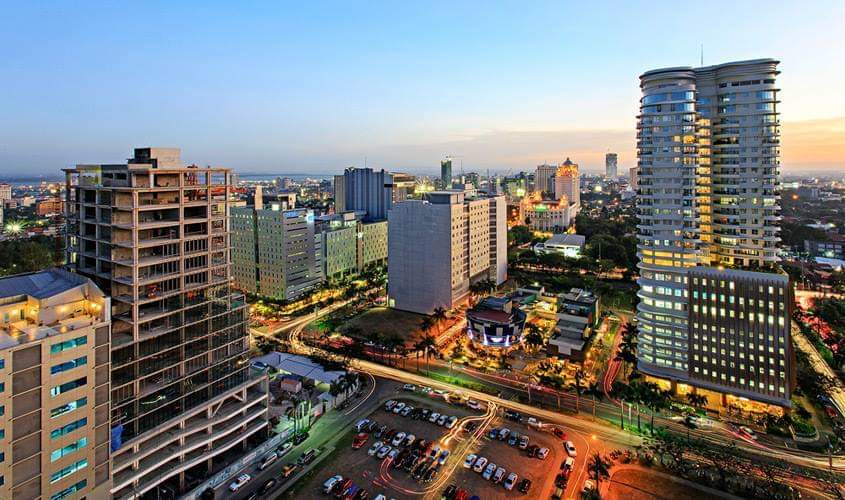Moratorium on Metro Manila ecozone approval to discourage BPO investments in RP
CEBU CITY—The moratorium on the approval of economic zone applications in Metro Manila could dampen new investments in the business process outsourcing (BPO) industry.
This was the assessment of the officials of the Contact Center Association of the Philippines (CCAP) on the moratorium.
President Rodrigo Duterte had issued Administrative Order No. 18.

Benedict Hernandez, chairman of Contact Center Association of the Philippines, explains that Metro Manila remains the preferred destination for new and expansion projects for business process outsourcing companies. In Cebu, office spaces at the Cebu IT Park and Cebu Business Park are the most in-demand spaces for locators. CONTRIBUTED PHOTO
Under A.O. 18, Duterte directed the Philippine Economic Zone Authority (PEZA) to implement a moratorium on the approval of applications for ecozones in the National Capital Region, where over 130 ecozone applications were pending.
The moratorium was expected to promote investments in ecozones outside Metro Manila to spread the economic development in the countryside.
Joey Bondoc, senior manager of Colliers International, noted that only 30 percent of approved ecozones in the first half of 2019 were located outside Metro Manila. He added that none of the newly-approved ecozones were located in Cebu.
Bondoc said the moratorium could provide Cebu an opportunity to have ecozone applications approved by the President.
However, CCAP president Jojo Uligan noted that investors prefer the hub-and-spoke model, with Metro Manila as their first landing destination in the Philippines before they start expanding operations in the provinces.
Uligan said one potential investor, who checked out Davao as a potential location for their first facility in the Philippines, preferred having it in Metro Manila.
CCAP chairman Benedict Hernandez also explained that even existing BPOs already operating in Metro Manila would rather consider expanding there first before going to other areas.
With new opportunities available to the industry, CCAP said they would continue to support programs to help provincial locations become centers for information technology and business process management (IT-BPM) investments.
“In fact, the industry has been investing heavily in provincial expansion over the last ten years,” CCAP pointed out.
As CCAP goes to provinces, the organization also acknowledges that there are a number of challenges to overcome along with the expansion.
These include having the right infrastructure and the available talent pool.
CCAP is working on a program to support countryside development by partnering with the National ICT Confederation of the Philippines (NICP), which will mobilize its network of local councils nationwide in assisting provincial locations to become contact center-ready.
This partnership was launched at Contact Islands 2019.
CCAP also called for more dialogue between industry and the government to address this concern. / celr
Disclaimer: The comments uploaded on this site do not necessarily represent or reflect the views of management and owner of Cebudailynews. We reserve the right to exclude comments that we deem to be inconsistent with our editorial standards.
